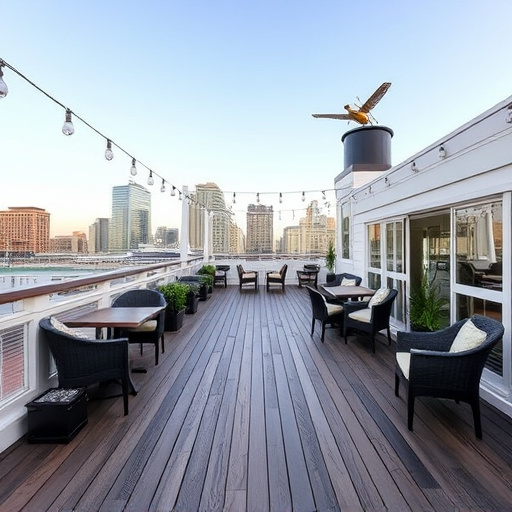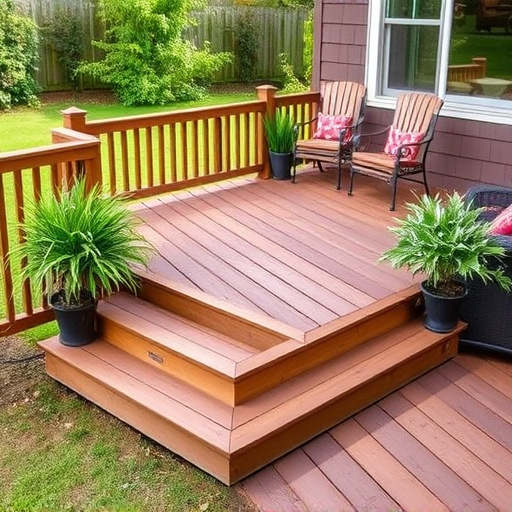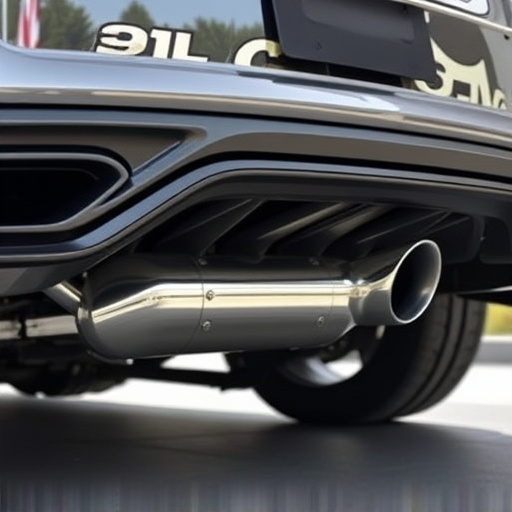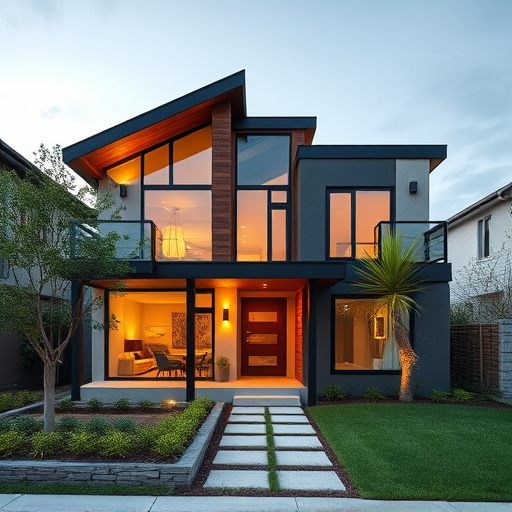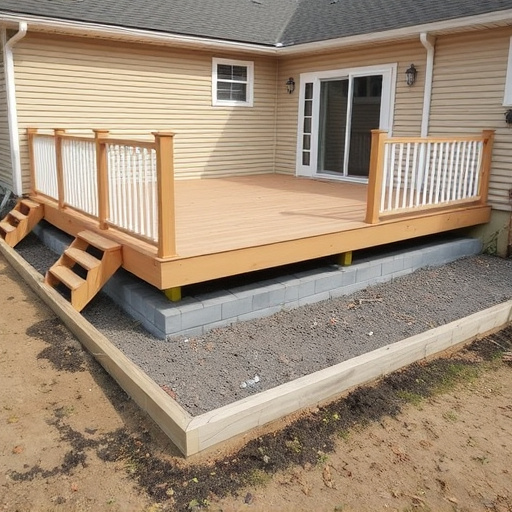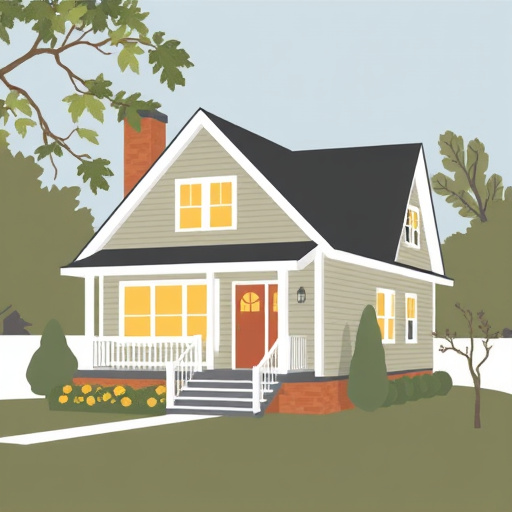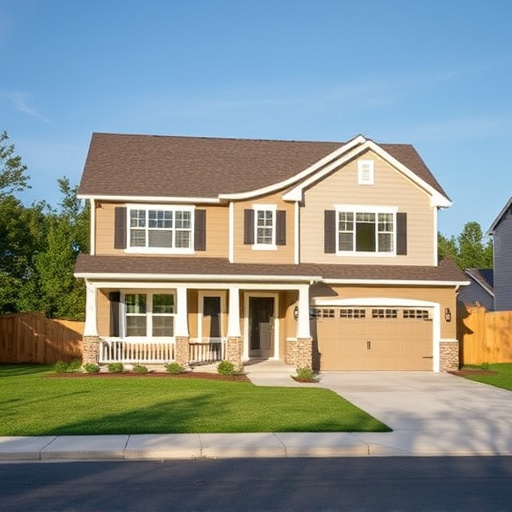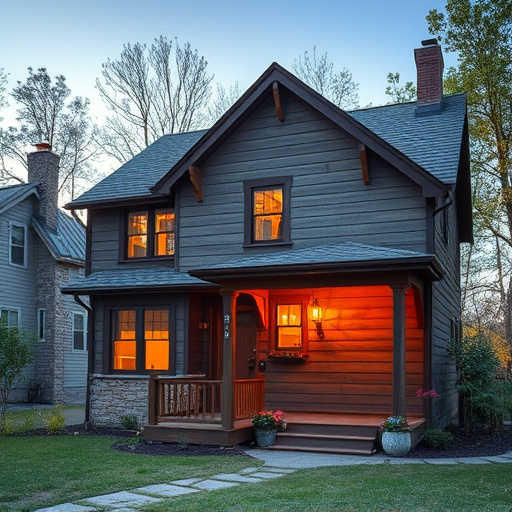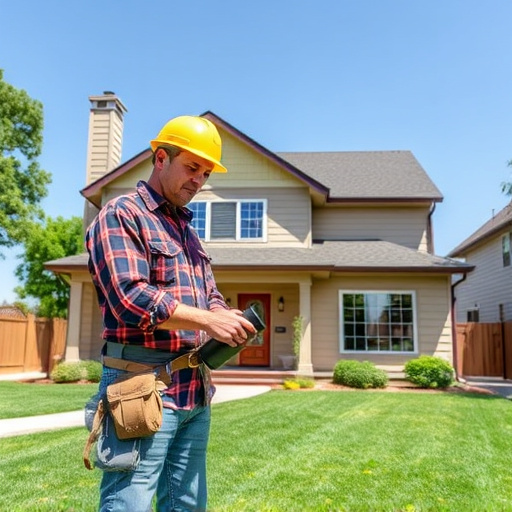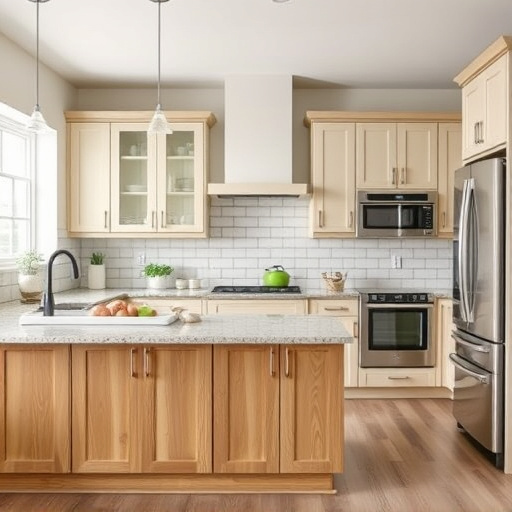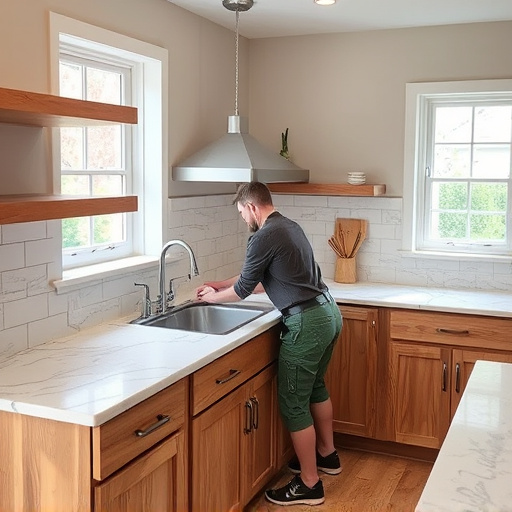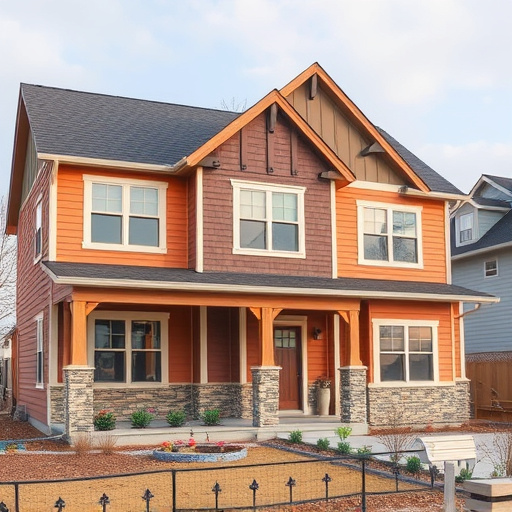By 2025, cabinet design will blend sustainability with smart technology, driven by a focus on eco-friendly materials, efficient storage, and adaptable designs for modern lifestyles. Ergonomic features like hidden compartments and AI assistance will revolutionize kitchens, offering streamlined functionality tailored to diverse family needs in remodeled spaces.
“Unveiling the future of cabinet design, this article explores what interior designers predict for 2025. With a focus on innovative trends, we delve into the fusion of sustainability and smart storage solutions that will redefine kitchens. Additionally, we examine the growing importance of ergonomics and technology integration in creating functional and modern cabinet designs. Get ready to discover the game-changing ideas reshaping this essential aspect of interior design.”
- Future Trends Shaping Cabinet Design in 2025
- Sustainable and Smart Storage Solutions Emerging
- Ergonomics and Technology Integration: Redefining Kitchens
Future Trends Shaping Cabinet Design in 2025
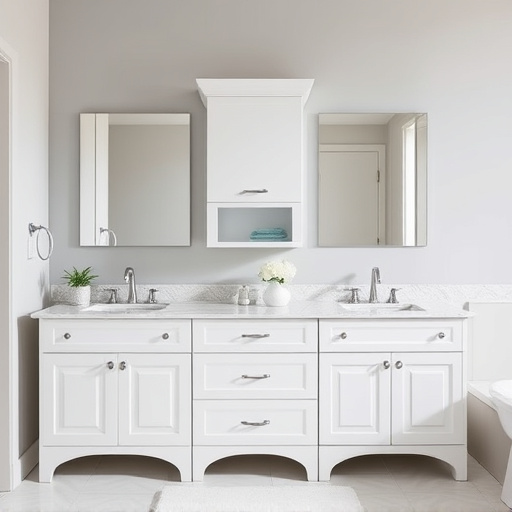
The year 2025 promises to be a pivotal moment for cabinet design, shaped by evolving consumer preferences and innovative technologies. One prominent trend gaining traction is the integration of smart home systems into cabinetry, offering seamless control over lighting, temperature, and entertainment systems right at one’s fingertips. This shift towards automation not only enhances convenience but also contributes to a more aesthetically pleasing and modern interior aesthetic.
Sustainability is another key driver in future cabinet design, with designers prioritizing eco-friendly materials and practices. As the demand for home improvement services and residential renovations continues to rise, consumers are increasingly seeking out products that align with their commitment to environmental preservation. This trend will likely lead to a surge in the use of recycled materials, efficient storage solutions, and versatile designs that cater to changing lifestyles.
Sustainable and Smart Storage Solutions Emerging
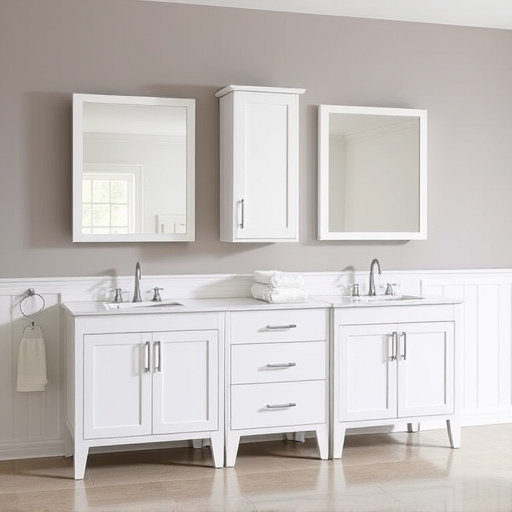
The year 2025 marks a significant shift in cabinet design, with a growing emphasis on sustainability and integration of smart technology. Interior designers are anticipating a rise in eco-friendly materials and innovative storage solutions that not only reduce waste but also enhance functionality within homes. This trend is particularly relevant in the context of whole house remodels, where efficient use of space and resources is crucial.
From utilizing recycled woods and metal to implementing automated storage systems, cabinets are evolving to cater to modern lifestyles. In residential renovations, especially bathroom remodel projects, designers are exploring ways to incorporate smart storage that adapts to inhabitants’ needs. This includes hidden compartments, adjustable shelves, and integrated technology for a seamless and streamlined living experience.
Ergonomics and Technology Integration: Redefining Kitchens
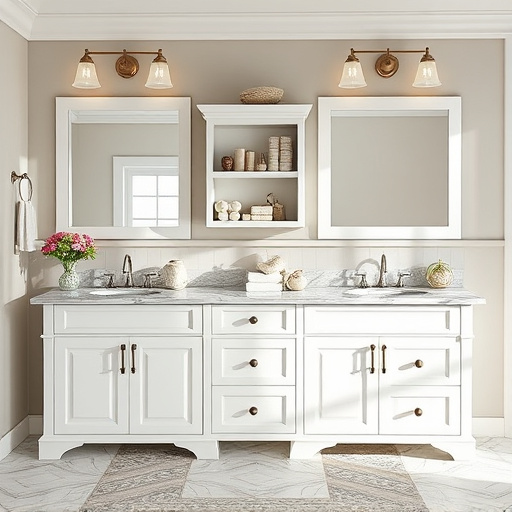
The intersection of ergonomics and technology is set to redefine cabinet design in 2025, transforming kitchens into highly functional spaces that cater to modern lifestyles. Interior designers predict a rise in smart cabinets equipped with integrated technology, such as touch-sensitive controls for lighting, temperature settings, and even AI-powered assistants for task management. This seamless blend of form and function promises to enhance user experience, making daily routines more efficient and enjoyable.
Home remodeling enthusiasts can expect to see tailored cabinet solutions that prioritize ergonomic access and storage. From adjustable shelves to hidden compartments, these innovations cater to various needs, including streamlined organization and accessibility for all family members. As home renovation trends continue to evolve, focusing on both style and practicality, the integration of advanced technology into cabinet design will undoubtedly be a key driver in shaping the kitchens of the future.
As we look ahead to 2025, interior designers predict a future where cabinet design evolves to meet modern lifestyles. Sustainable materials and smart storage innovations will be at the forefront, catering to eco-conscious consumers. Ergonomics and technology integration will transform kitchens into sleek, efficient workspaces, where cutting-edge features enhance daily routines. By embracing these trends, the cabinet design industry is poised to offer innovative solutions that blend style, functionality, and technological advancements, creating spaces that are both aesthetically pleasing and highly practical.
